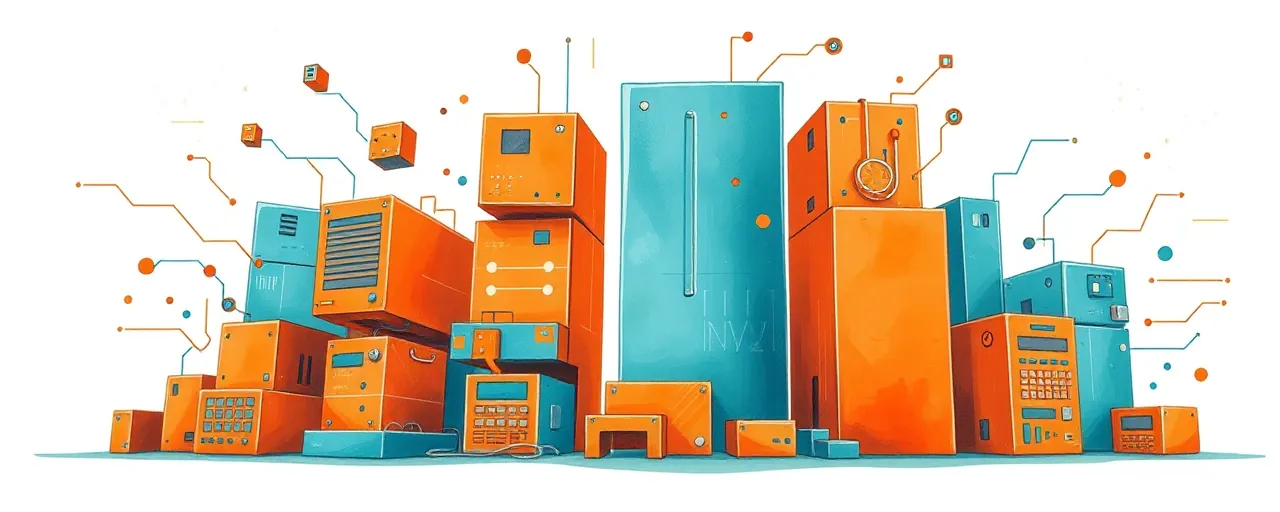A New Era for Immigration Verification
The U.S. Department of Homeland Security has unveiled a sweeping overhaul of its Systematic Alien Verification for Entitlements database, known as SAVE. Announced in April 2025, the initiative seeks to create a single, reliable platform for verifying the immigration status of non-citizens across the country. Led by Secretary Kristi Noem, alongside U.S. Citizenship and Immigration Services and the Department of Government Efficiency, the project promises to streamline processes for federal, state, and local agencies.
The revamped system eliminates fees for database searches, integrates criminal records, immigration histories, and addresses, and introduces automatic status updates. A user-friendly interface aims to make it easier for officials to confirm eligibility for public benefits or voting. The move comes as part of a broader push to modernize government technology, but it has sparked a mix of optimism and concern among stakeholders.
Why the Change Matters
For decades, verifying immigration status has been a complex task, often slowed by outdated systems and fragmented data. The SAVE program, launched in the 1980s, was designed to ensure non-citizens could not access taxpayer-funded benefits reserved for citizens or eligible immigrants. However, manual processes and inconsistent records led to delays and errors. The 2025 upgrade aims to fix these issues by centralizing data and enabling real-time checks.
Agencies at all levels, from tribal authorities to state election offices, stand to benefit from faster, more accurate verification. The system’s ability to handle mass status checks could reduce administrative burdens, particularly for programs like Medicaid or food assistance. Yet, the integration of sensitive information, including criminal records, has raised questions about how the data will be protected and who will have access.
The Promise of Fraud Prevention
A key goal of the SAVE overhaul is to prevent non-citizens from accessing benefits or voting in elections. Department officials argue that modernizing the system will close loopholes exploited by outdated technology. They point to the need for robust verification to maintain the integrity of public programs and electoral processes, especially in a politically charged climate.
However, evidence suggests non-citizen voting is exceedingly rare. Studies by groups like the Brennan Center for Justice and state election audits have found only a handful of cases among millions of votes cast. For instance, a 2016 review of 23.5 million votes across 42 jurisdictions identified just 30 suspected cases. Despite this, the issue remains a flashpoint, with some advocating for tighter controls based on isolated incidents.
Privacy and Security on the Line
As government systems grow more interconnected, safeguarding personal data becomes a pressing challenge. The SAVE upgrade integrates vast amounts of information, from immigration timelines to criminal records, raising concerns about potential breaches or misuse. Only a small fraction of public sector organizations have fully digitized their systems, and many struggle with cybersecurity, outdated infrastructure, and a shortage of skilled IT staff.
Advocates for data privacy stress the need for strong oversight and clear rules on how information is shared. Past incidents of data exposure in government systems highlight the risks. Technologies like homomorphic encryption could help protect sensitive records, but their adoption lags. The patchwork of federal and state privacy laws further complicates efforts to ensure compliance and transparency.
Navigating a Polarized Debate
The overhaul arrives amid heated debates over immigration and public benefits. Federal law restricts most non-citizens from accessing programs like Medicaid or food assistance, though refugees and certain legal residents qualify under strict conditions. Research shows immigrants often use benefits at lower rates than citizens, but households with citizen children may rely on them more. Some states fund benefits for non-citizens, while others impose tighter rules, reflecting deep divides in policy priorities.
Language adds another layer of complexity. The term 'alien,' reinstated in official communications under the current administration, has drawn scrutiny for its legalistic tone. Meanwhile, an executive order declaring English the official language has sparked concerns about access to services for non-English speakers, potentially affecting civic engagement and healthcare access.
Looking Ahead
The SAVE database overhaul represents a significant step toward modernizing how the U.S. verifies immigration status. By streamlining processes and integrating data, it aims to enhance efficiency and reduce fraud. Yet, its success hinges on balancing these goals with robust protections for privacy and fairness. Ongoing updates to stakeholders will be critical as the system rolls out.
For many Americans, the real-world impacts, from secure elections to fair benefit distribution, remain the focus. As the nation grapples with these issues, the SAVE upgrade underscores a broader truth: technology can solve problems, but only if wielded with care and accountability.
